Later this month, I’ll be attending Loncon 3, the World Science Fiction Convention, which runs from Thursday 14 to Monday 18 August. I’m scheduled to appear on three panels; here’s where you can catch me:
***
Friday 15 August, 10.00-11.00
Don’t Tell Me What To Think: Ambiguity in SF and Fantasy
What does ambiguity (of setting, plot, identity, and so on) bring to a work of fantastic fiction? How is ambiguity created, and what effect does it have? Does it always work? Can a story be too ambiguous? The panel will discuss stories they have chosen, exploring exactly how they achieve their effects, and asking what divides a satisfyingly ambiguous story from an unsatisfying one.
The chosen stories are:
‘The Squirrel Cage’ by Thomas M. Disch (1966) [publication history]
‘Ofodile‘ by Chimamanda Ngozi Adichie (2013)
‘A Young Man’s Journey to Viriconium’ by M. John Harrison (1985) [publication history]
[EDIT: Thanks to Niall, I’ve added in links to the publication histories of the two stories that aren’t available online, so you can track them down if you want to read along.]
Participants: David Hebblethwaite (moderator); Nina Allan; Scott Edelman; Patrick Nielsen Hayden; Ellen Klages
Saturday 16 August, 16.30-18.00
Bridging the Gap: Genre and the Mainstream
Iain Banks’ work was famously divided into ‘mainstream’ and science fiction, but this division wasn’t always applied consistently. For example, Transition was published in the UK as mainstream fiction, while in the US it was classed as science fiction, and Banks himself declared that it was ‘51% mainstream’. This sort of boundary blurring can be seen in both ‘slipstream’ texts and in mainsteam works that engage with science fiction. In this panel we will discuss writing that crosses boundaries – real or imagined – between science fiction and the mainstream. How has the divide been understood and characterised? How has this changed over time? Who is currently writing across this divide and to what effect?
Participants: Preston Grassman (moderator); Anne Charnock; David Hebblethwaite; E.J. Swift
Sunday 17 August, 19.00-20.00
Fandom at the Speed of Thought
The story of fandom and the SF field in the twenty-first century is the story of the internet: more voices, fewer gatekeepers. How are authors, reviewers, editors and readers navigating this shifting terrain? In what ways has the movement of SF culture online affected the way books are written, presented, and received — and how has it affected the way readers identify and engage with authors and books? Do the old truisms — never respond to a review! — still hold sway, or are author-reader shared spaces possible, even desirable?
Participants: Chris Gerwel (moderator); David Hebblethwaite; Kevin McVeigh; Aishwarya Subramanian; Leticia Lara
 The evening was hosted by the excellent
The evening was hosted by the excellent 
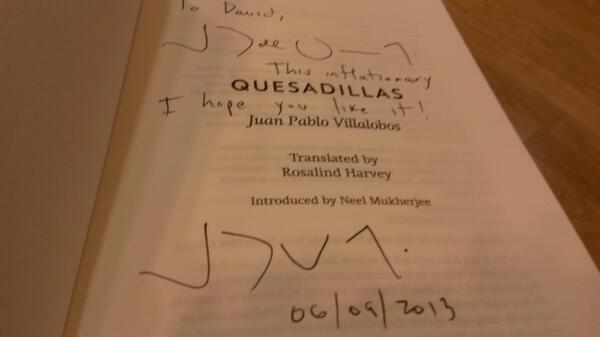
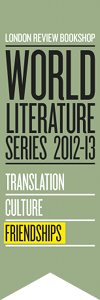
 In the airport bookshop looking at the bestsellers? This year’s top surprise bestseller has been
In the airport bookshop looking at the bestsellers? This year’s top surprise bestseller has been 




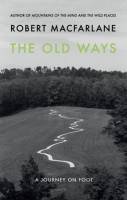

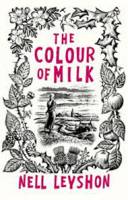


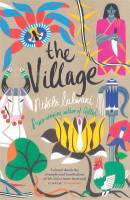







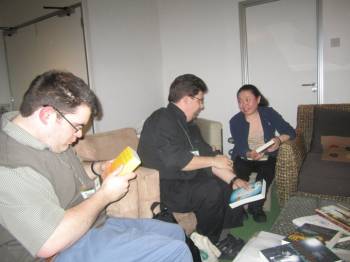
Recent Comments